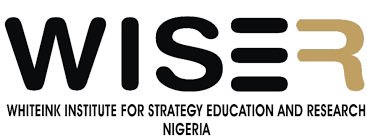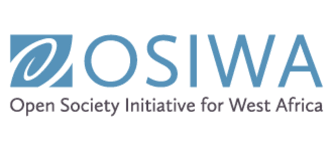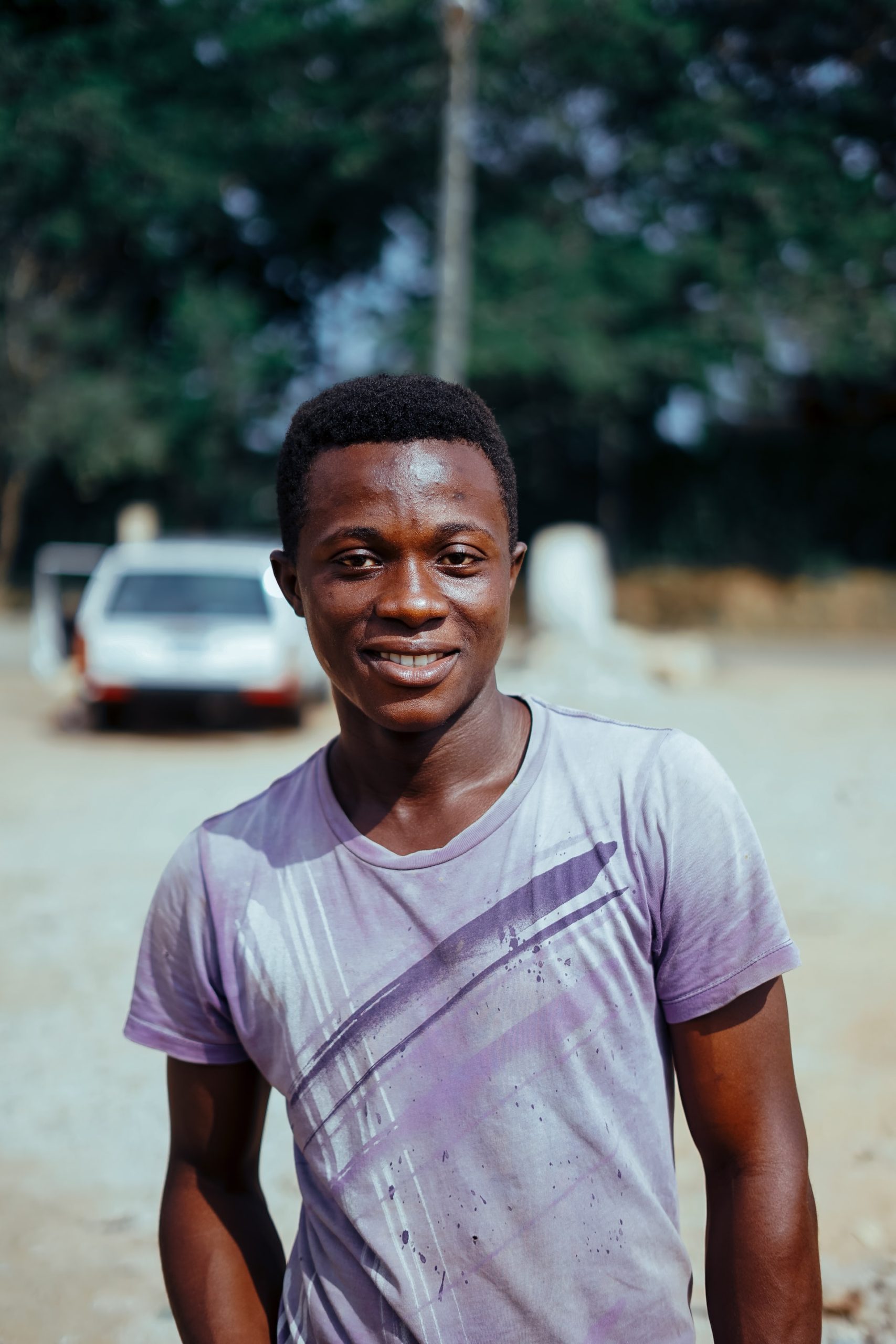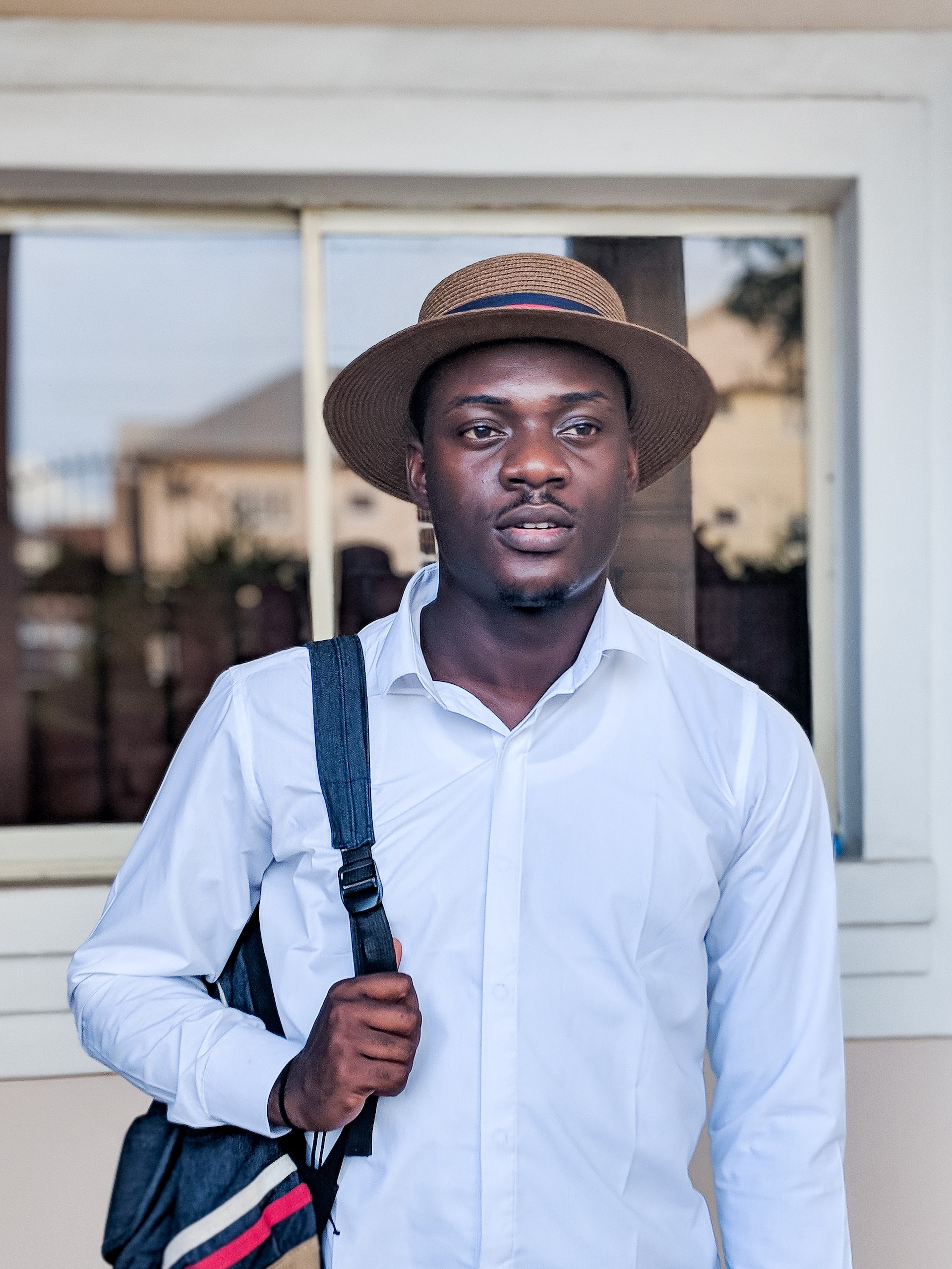The Challenge
Our "Why?"
Turning the tide against conflict requires creating engagements with young people which deradicalize them and de-escalate conflict. Stories, counternarratives, are at the centre of this.
Protracted conflicts and state instability in the Sahel over the last 30 years has led violence and to the polarization of societies along traditional and potent faultiness such as ethnicity, religion and gender. Scarce resources have also become hotly contested, with families being displaces by force. Examples of these are northeastern Nigeria where Boko Haram and ISWAP hold sway, which are themselves part of a variety of extremist groups ranging from Al-Qaeda in the Islamic Maghreb (AQIM) in Mali to al-Shabaab in East Africa.
Young people, radicalized by various means, confront the state which is seen to have failed. Kinetic state response has seen a dialogue of bullets and terror replace a dialogue of culture, ideas, and basic human rights. Within societies, polarization and suspicions emerge and concretize, further adding to the conflict.
As people have become more connected via the internet and social media, there has been a rise in violent extremist rhetoric and extreme hate speech, which have gone viral, employing sophisticated means of organization and dissemination. These create categories and counter-categories of youth for victimization in ways that tear apart the fabric of a secular, cosmopolitan societies.
The problem finds its roots in the failure, by the balanced and neutral approaches to grievance and conflict, to harness the power of narratives. Voices of reason and nuance have not utilized Africa’s digital interconnections for the purpose of dialogue and cooperation, the finding of central common grounds, to the extent divisive segments have used same for propaganda and radicalization. Young people, as perpetrators and victims, pay the price.
At Engaging Borders SRD, we believe that young people must be at the centre of the solution to the multilevel conflicts in the Sahel+.
Our Answer to "Why?"
Turning the tide against conflict requires creating engagements with young people which deradicalize them and de-escalate conflict. Stories, counternarratives, are at the centre of this.
In using African writers and artists to craft creative writing, film, and other formats, a “soft” approach which changes perceptions by subtly questioning the basis of conflict (and the argument of extremists) is achieved. Working side by side, platform and format(s) address the Challenge through a freely accessible bank of counternarratives that demonstrate the importance of dialogue, humanize opposing sides in conflict, and create better understanding while facilitating middle grounds.
This type of counternarrative content we create will be supported to “go viral” in the target demographic. Microtargeting, using location, language, and even predispositions, will further increase impact. More importantly, a new class of influencers, including journalists, writers, filmmakers, and podcasters, will be raised with their range expanded within the demographic.
Our pilot proof-of-concept project, executed with the support of the Open Society Initiative for West Africa (OSIWA), ran from September 2021 to September 2022. A 16-course MOOC (delivered in French and English) was created, with 30 counternarratives published and three short films produced.
At Engaging Borders SRD, we believe that young people must be at the centre of the solution to the multilevel conflicts in the Sahel+.
Our Partners









